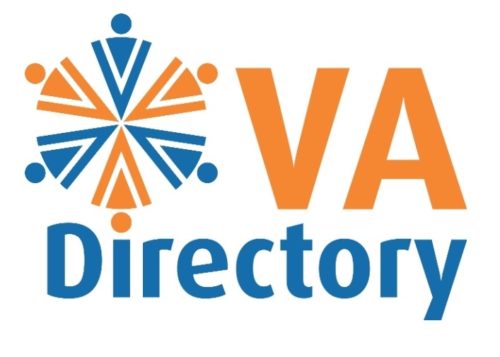Even though the Virtual Assistant industry is in its teens, there are still many business owner/operators out there who don’t know how to use a VA or what a VA might be. Because there has been much written about it both online and in printed material, some of the information has been misconstrued or people get the information third party and it’s not always accurate. Often it may be written by someone who doesn’t work in the industry, but rather has shared their thoughts and ideas on what they think the industry is.
What’s the quickest and easiest way I can explain how to use a Virtual Assistant?
Think of the PA/Secretary/Admin support in a corporate office, working for a boss, or perhaps a team of people. Now separate that support from the people who are giving them the work to do. Perhaps they’re on another floor of the building, a different building, or have gone interstate or overseas on a business trip. How do they communicate with their admin support? Via phone, fax, email or even mail and courier. The admin support knows what their business is about and can act according to what needs to be done. They don’t need to have someone watching over them to check what is being done and the boss or team can expect to receive email reports, or faxes or phone calls verifying or following up items that have been actioned.
Now put a Virtual Assistant (VA) in place of that admin support and you’ll get a pretty good idea of how the work is passed on and carried out. A professional VA will be someone who has had at least a few years’ experience in the corporate world, before starting out as a VA and they will be used to making decisions and being in control. They will not be someone fresh out of school or college, or part of a typing pool or other agency, where the work is first passed onto a company representative before being disseminated to a worker. VAs, in general, work direct with the client and invoice the client as well. Any other situation, i.e. the company invoicing the client and then paying the worker, does not constitute a Virtual Assistant set up – they would be classed more as virtual agencies who farm out the work to their workers. And they would therefore be responsible for the taxes and insurances of their workers (employees). A VA invoices direct for the work carried out and pays their own taxes and insurances and other overheads. The client simply pays $$ per hour for the work carried out, or in some cases, it may be per project, depending on what the project is.
So, if you were a bit confused as to what a VA is and what a VA does, then hopefully my analogy above has helped clear that up for you.
Where can you find a professional Virtual Assistant? The VA networks are your best course for discovery. We have one called VADirectory and there are many others. The International Virtual Assistants Association (IVAA) is another good place to visit. However, if you use the search engines and look for Virtual Assistant networks you’ll find many more.

Terence Kierans akaTK says
“…A professional VA will be someone who has had at least a few years’ experience in the corporate world, before starting out as a VA…”.
With the greatest respect Kathie this is not necessarily true for all VAs, myself included.
Kathie Thomas says
There are always exceptions to the rule TK and it also depends on their background work experience. However, I do not believe they can come straight from school and college and become a VA. They do need some sort of work experience, being used to working with ‘clients’ on behalf of a business and learning other aspects of working in an office. And there are times when I get people asking me if they can be a VA and they’ve got very little computer skills. I tell them they need to go get work experience, that going to do a course isn’t sufficient. Temping is a good quick way of building up skills and getting lots of varied experience.
Terence Kierans akaTK says
Of course Kathie. I merely wanted to point out that someone with computer skills and application skills could also set up as a VA without having been through the corporate hoop.
Kathie Thomas says
Fair enough – perhaps corporate wasn’t the right choice of word, but certainly the importance of previous work experience is necessary.